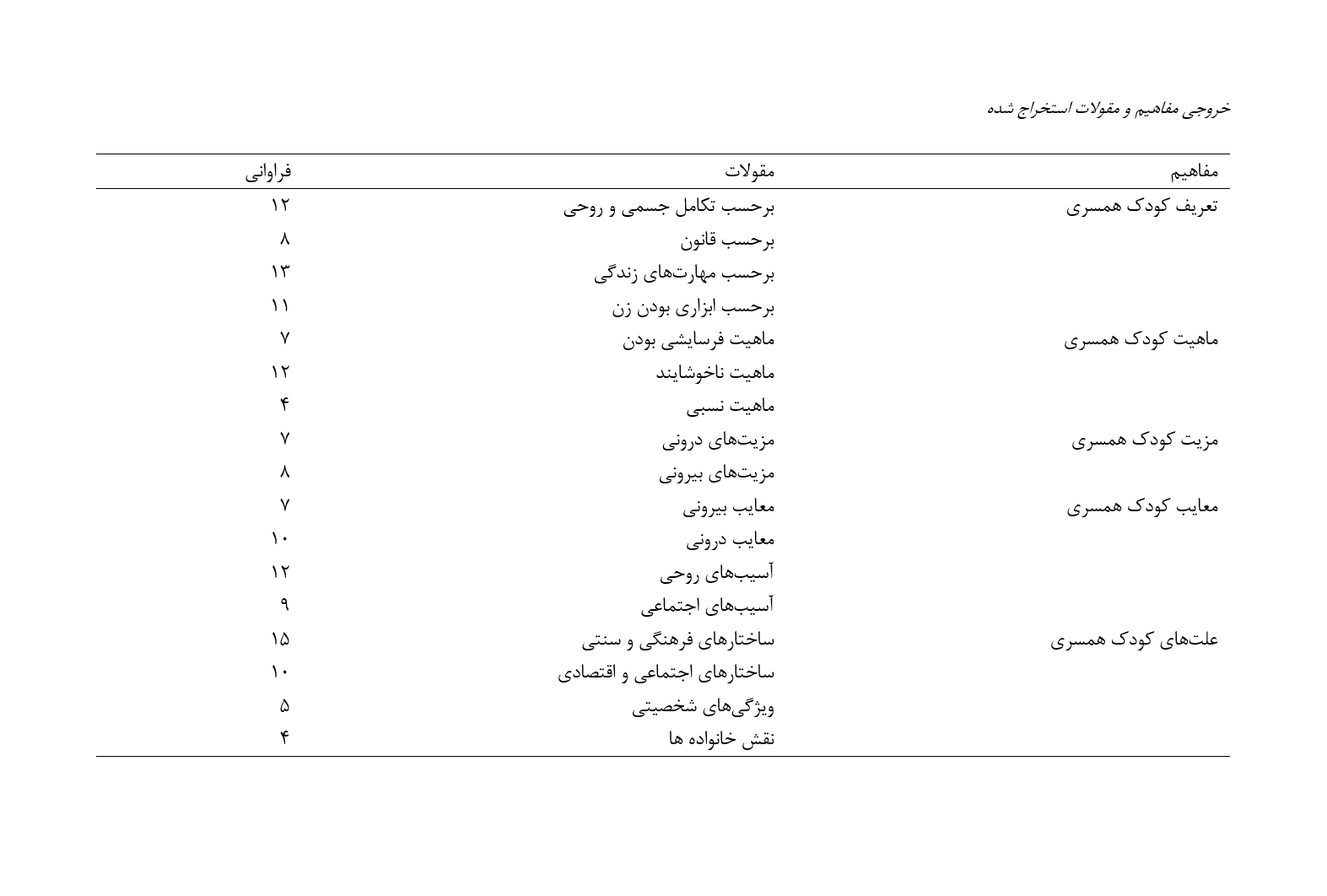A Study on Understanding the Phenomenon of Child Marriage Among Beneficiaries of the Imam Khomeini Relief Foundation in Lorestan
Keywords:
child marriage, marriage, Imam Khomeini Relief Foundation, LorestanAbstract
Early marriage or child marriage has become one of the complex and significant issues in contemporary societies, with widespread effects on individuals and communities. The present study aims to investigate the lived experiences of women in child marriages in the cities of Kuhdasht and Aligudarz in Lorestan. This research is qualitative in nature, utilizing the phenomenological technique. Through purposive sampling, in-depth interviews were conducted with 15 women who were child brides in the cities of Kuhdasht and Aligudarz. The analysis of the interviews revealed that respondents defined child marriage based on legal definitions of minimum age, life skills, and sexual and cognitive maturity. Most child brides did not have a choice in selecting this form of marriage, and factors such as economic poverty, cultural pressure, social acceptance, personality traits, and family character were identified as the main causes of child marriage. In their mental meaning systems, child brides perceive this type of marriage as having an exhausting, undesirable, and relative (both positive and negative depending on its effects and causes) nature. Examining the phenomenon of child marriage and early marriage requires a comprehensive focus on a set of underlying factors, consequences, and effects to obtain a more complete picture of this phenomenon and to minimize its harm.
Downloads








